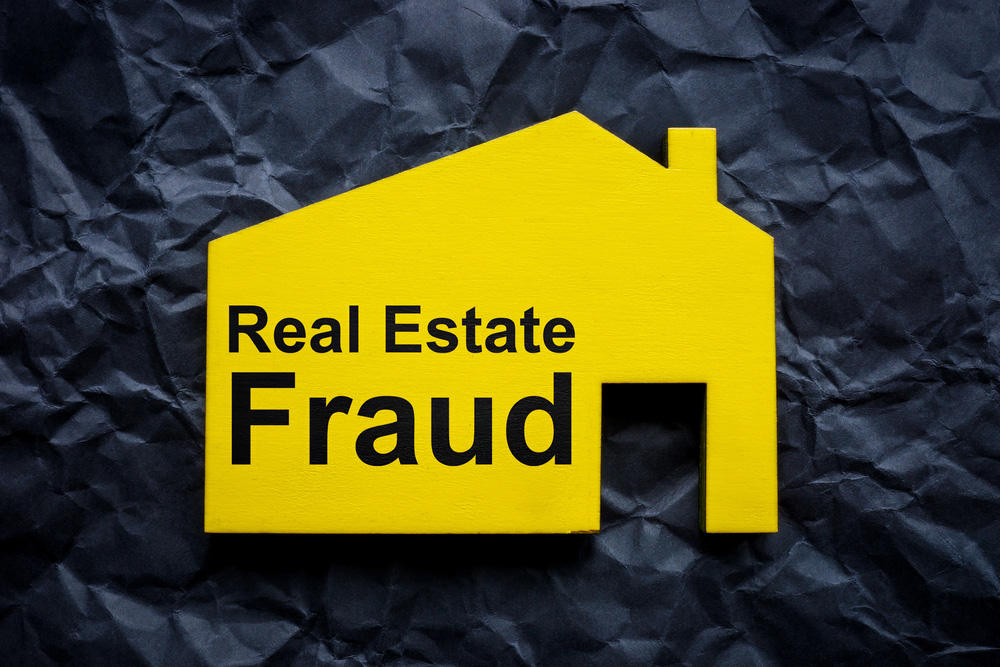
Homeownership is one of the most important financial steps many people take, yet it carries risks that are not always obvious. One growing threat is real estate title fraud, a scheme where criminals target property records to steal ownership rights.
For many families, the idea of losing control of a home through a forged document feels almost unthinkable, but cases are being reported across the country. Title records are stored in public databases, which makes them vulnerable to manipulation by fraudsters.
Learning how this crime happens, why it continues to spread, and the warning signs to watch for is the first step in protecting one of your most valuable assets.
What Real Estate Title Fraud Really Is
Real estate title fraud happens when someone forges or manipulates documents that transfer property ownership without the knowledge of the rightful owner. A criminal may create a false deed, sign it under a stolen identity, and file it with the county office to make it appear legitimate.
Once the record is accepted, the fraudster may claim the property as their own, borrow against it, or attempt to sell it. This creates a confusing legal situation where the true owner must fight to prove their rights.
Unlike general identity theft, which often involves financial accounts, this crime directly threatens your home or investment property.
How Fraudsters Pull It Off
Fraudsters often begin by collecting information from public property records, which are widely available online. They may combine these details with stolen personal data such as names, addresses, or identification numbers.
Once they have enough, they create forged documents that look like authentic deeds or liens. These are then filed with the local recorder’s office, giving the appearance of legal ownership.
After the filing, the criminal may try to sell the property, rent it out, or secure a loan against it. This will leave the true owner unaware until serious damage has already been done.
Who Is Most at Risk
Certain types of property are more vulnerable to title fraud than others. Vacant homes, rental properties, and second residences are common targets because the owners are less likely to notice sudden changes in records.
Elderly homeowners and heirs managing inherited estates are also at higher risk, as they may not actively monitor documents tied to the property. There have even been cases where well-known homes were nearly transferred through fraudulent filings. These incidents demonstrate how wide-reaching this problem can be.
If you own a property that is unoccupied for long periods or located in a different state, you could be especially exposed to these schemes.
Warning Signs You Shouldn’t Ignore
Title fraud can be difficult to detect in the early stages, but there are warning signs that deserve attention. If you stop receiving property tax bills or other official notices, it may mean documents have been redirected. Letters from lenders about loans you never applied for are another sign that someone has acted in your name.
Unexpected liens or strangers occupying your property are serious indicators of possible fraud. Being aware of these changes allows you to spot problems before they develop into larger disputes that threaten your ownership.
How You Can Protect Yourself
There are practical steps you can take to lower the risk of title fraud. Regularly checking property records at your county office can help you spot unexpected activity before it escalates. Pay attention to mail connected to your property, and question any sudden changes in billing or official notices.
If you own a second home, rental, or vacant property, make it part of your routine to confirm nothing has been filed without your knowledge. While these habits cannot completely stop fraud attempts, they place you in a stronger position to detect irregularities early.
Safeguarding Ownership Rights
Title fraud is a growing risk that many property owners do not consider until it is too late. Criminals are taking advantage of public records, identity theft, and forged documents to manipulate ownership rights.
Anyone with a home, rental property, or second residence can face this problem, and the warning signs are often easy to miss. Staying informed and proactive is the best way to keep control of your most valuable asset.
At Secure Title Watch LLC, we are dedicated to making that protection simple and reliable. Our system monitors property records nationwide, operating every hour of the day.
We send instant alerts when something suspicious appears and provide guidance on the next steps so you are not left handling it on your own. Founded by a real estate attorney, our service focuses exclusively on title protection, giving you a layer of defense that traditional title insurance does not cover.
Take action today. Protect your property with Secure Title Watch LLC and feel confident that your ownership is being watched over around the clock.
Get in touch now and let us help you safeguard your home before fraudsters have a chance to act.
